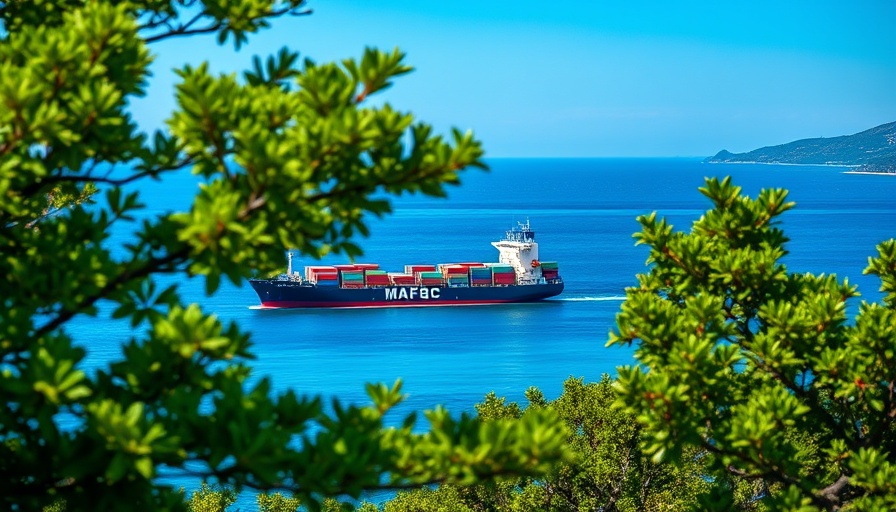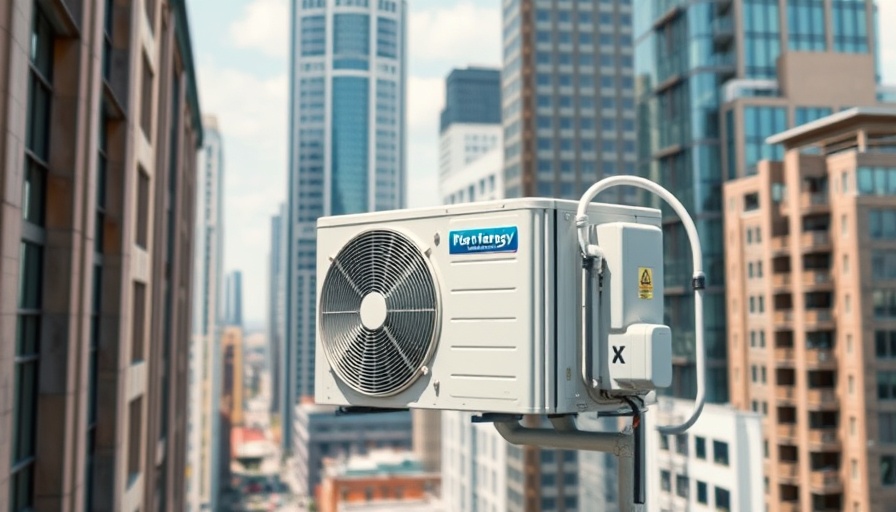
Philippine President Calls Out Flood Control Corruption Amid Major Typhoons
In a powerful address that has resonated with eco-conscious citizens, Philippine President Ferdinand Marcos, Jr. has taken a bold stance against corruption in the country’s flood control projects. Following the devastation caused by recent typhoons, he announced an audit of these initiatives during his fourth State of the Nation Address (SONA). President Marcos emphasized the dire need for accountability, which many environmental advocates have been calling for in light of the growing impacts of climate change.
The Urgent Message Behind the President's Actions
Marcos delivered a cautionary message aimed at government officials allegedly profiting from failed flood control projects. "Shame on you," he said, addressing those who have mismanaged funds while communities grapple with the effects of severe flooding. His remarks serve as a pivotal moment in the ongoing discussions surrounding sustainable development and the need for transparency in environmental initiatives.
Financial Drain and Environmental Impact
The Philippines has allocated a staggering $35 billion to flood control projects over the last 15 years, with $17 billion proposed for climate change initiatives this year alone. The recent floods caused over $87 million in infrastructure damage, underscoring the urgency of revisiting these investments. Knowing how taxpayer money is spent not only fosters trust, but empowers citizens in the fight for environmental conservation.
Highlighting Accountability: A Call for Community Engagement
In an unprecedented move, the President committed to releasing a comprehensive list of flood control projects completed in the last three years. This initiative aims to involve local communities in the scrutiny of these projects, ensuring that voices are heard and efforts for accountability are reinforced. Such steps can bolster social responsibility and promote a culture of aware citizenship.
The Role of Activism in Shaping Policy
Before Marcos’ address, activists from Greenpeace Philippines staged a poignant protest in Cainta, Rizal, amidst floodwaters, symbolizing the dire situation many communities face. They displayed signs urging climate pollution accountability and emphasized the necessity for green initiatives. This proactive activism plays a critical role in not only raising awareness but also in prompting government action for climate accountability.
Looking Toward the Future: Renewable Energy and Sustainable Solutions
Amidst the pressing issue of flood control, Marcos also pointed to energy security, promising to bring 200 new power plants online by 2028. These developments are essential for the country’s sustainable transition towards renewable energy and can significantly contribute to reducing the ecological footprint of energy consumption.
Staying Informed: The Importance of Sustainability Practices
Citizens must remain vigilant and engaged in government actions, pushing for transparency and sustainability. Having clear knowledge about government spending on climate initiatives can empower consumers and activists alike to foster sustainable practices within their communities. Greater awareness can lead to smarter decisions — from supporting eco-friendly products to championing green technology.
As the Philippines confronts the growing threats of climate change, initiatives like these may pave the way for sustainable cities and communities, highlighting the importance of responsible governance in fostering a sustainable future.
Join the Movement for Change! With each decision, individuals, businesses, and governments can contribute to a greener future. Advocate for responsible consumption and participate in local sustainability projects to make a positive impact today.
 Add Row
Add Row  Add
Add 



Write A Comment